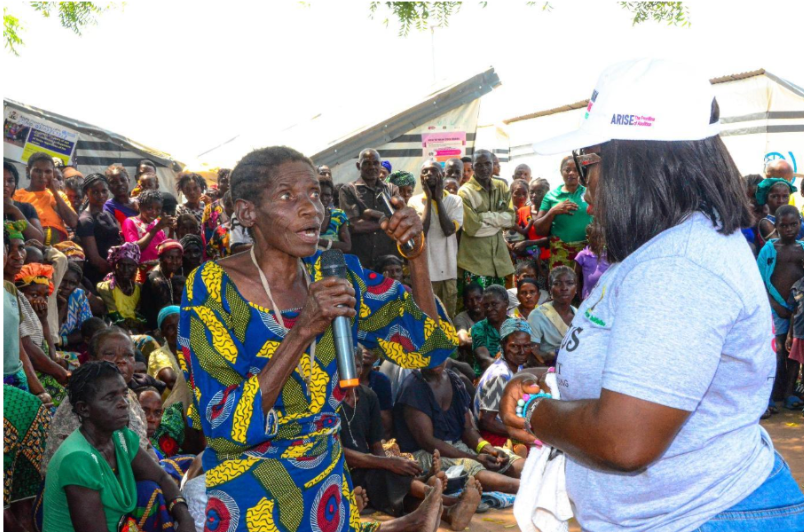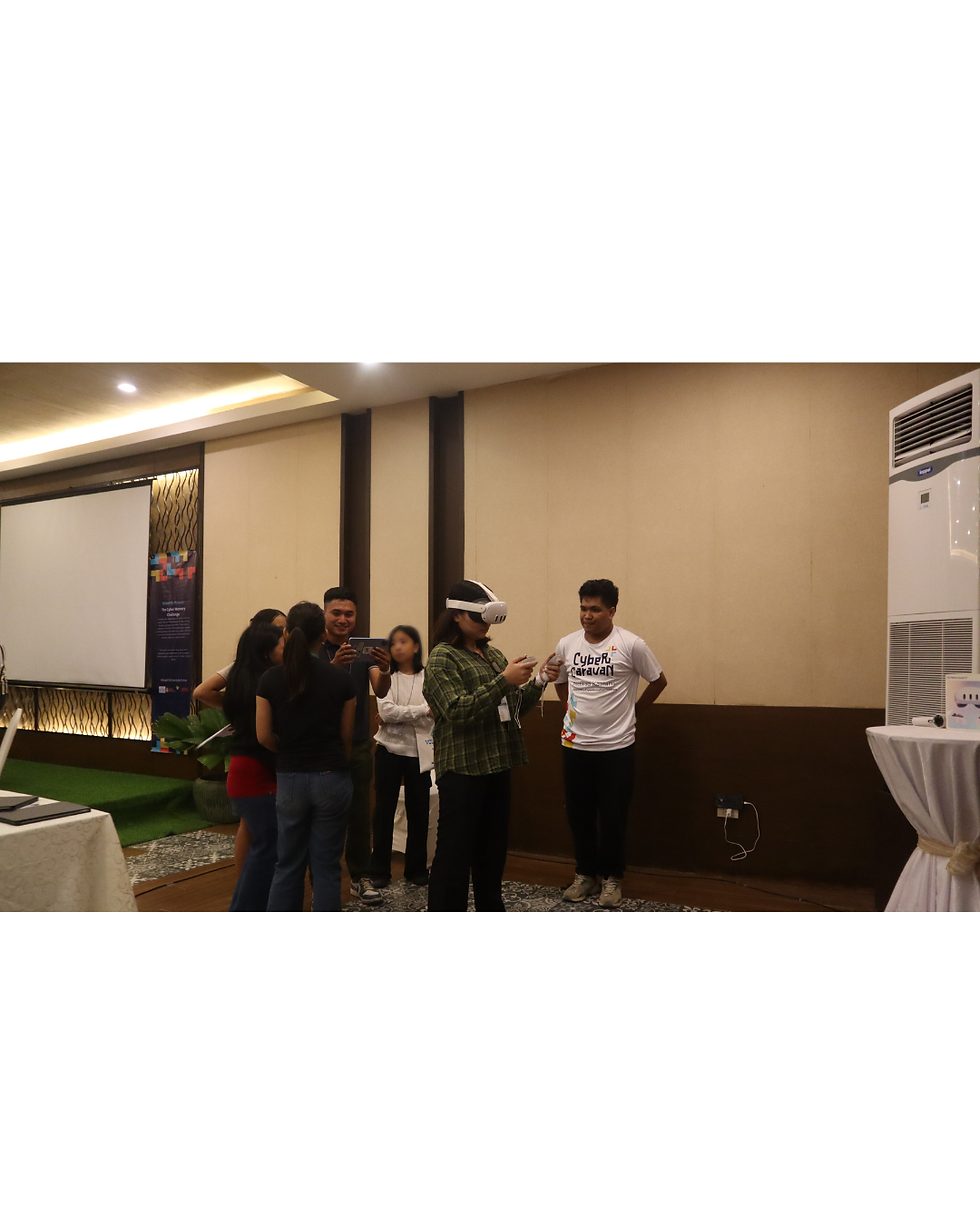4 things the Albanian anti-slavery sector wants you to know
- Apr 21, 2023
- 3 min read
The anti-slavery URAT (United Response Against Trafficking in Persons) network in Albania has released a statement aiming to address misconceptions about Albania, trafficking, and recent irregular migration patterns.
The UK Government tightened access to the NRM (National Referral Mechanism), the UK's modern slavery referral framework (for identifying and supporting victims). This was justified by unfounded claims that illegal migrants, particularly those coming from Albania, were taking advantage of the system. This stance has been defended, despite the lack of supporting evidence, and despite numerous accounts of exploitation of young people at the hands of Albanian organised crime syndicates. The URAT network is committed addressing these complex issues through dialogue, collaboration, and a focus on the root causes.
Read the statement below:
URAT Joint Statement - April 2023
1. Albanians are especially vulnerable to slavery
Over the past years, Albanians have been among the most commonly-referred nationalities in the UK's NRM, representing a significant proportion of total victims.
In the fourth quarter of 2022, from the total of 4,418 potential victims of modern slavery referred to the Home Office, the most common nationality was Albanian, which accounted for 27% (1,181) of all potential victims (compared to 28% in the quarter 3 2022). Matching the proportion of the previous quarters, the number of Albanian nationals reached its highest figure since the NRM began.
Alongside these alarming numbers, more than 200 children are missing from government-approved accommodation, most of them Albanian. This situation not only exposes the missing children to various vulnerability factors but also makes them vulnerable to being exploited by gangs and county lines drug traffickers in the UK. But why so many Albanian victims?
2. The vulnerability is multi-faceted and complex
Even if geographically positioned at the heart of Europe, Albania has been a source, transit, and destination country for human trafficking for decades. The main push factors contributing to the trafficking of Albanians are poverty, oppression, lack of human rights, lack of social or economic opportunity, political instability and other related factors. Pull factors include false promises of job opportunities, romantic relationships, luxurious lifestyles, or better living conditions.
3. The Albanian third sector is overwhelmed and under-resourced
The recent Joint Communique between UK & Albania says that "in line with and in order to maximise implementation of the UK-Albanian readmissions agreement, (the UK) will increase returns to Albania including those over the age of 18, who, have been identified by UK competent authorities as victims of modern slavery (as defined in the UK legislation) and as victims of human trafficking (as defined in the Albanian legislation)" (point 3.3). NGOs in Albania would be faced with extreme challenges to provide support to new beneficiaries, while the lack of public social protection remains an ongoing challenge to support long-term reintegration efforts.
4. We have challenges to address, and we must work together
We have to ask why people are running from Albania, and what is going on that remains hidden. The majority of Albanians are denied their human rights to a decent work and living wage, humane housing, clean water, and adequate education and infrastructure. There is generational trauma and desperation, accruing from generations of Albanians experiencing physical and psychological abuse at the hands of other nations for five centuries. Recent history has included the pains of isolated communism until the 1990s, a national bankruptcy which led to a civil war in 1997, a damaging 6.4 magnitude earthquake in 2019, a global pandemic the year after, and an ongoing war in the nearby borders have aggravated the vulnerability of Albanians and their need to escape and seek for a better life elsewhere.
Better cooperation between Albania and the UK, alongside more ethical media reporting processes and anti-racism statements will be far more helpful in addressing our shared challenges.




